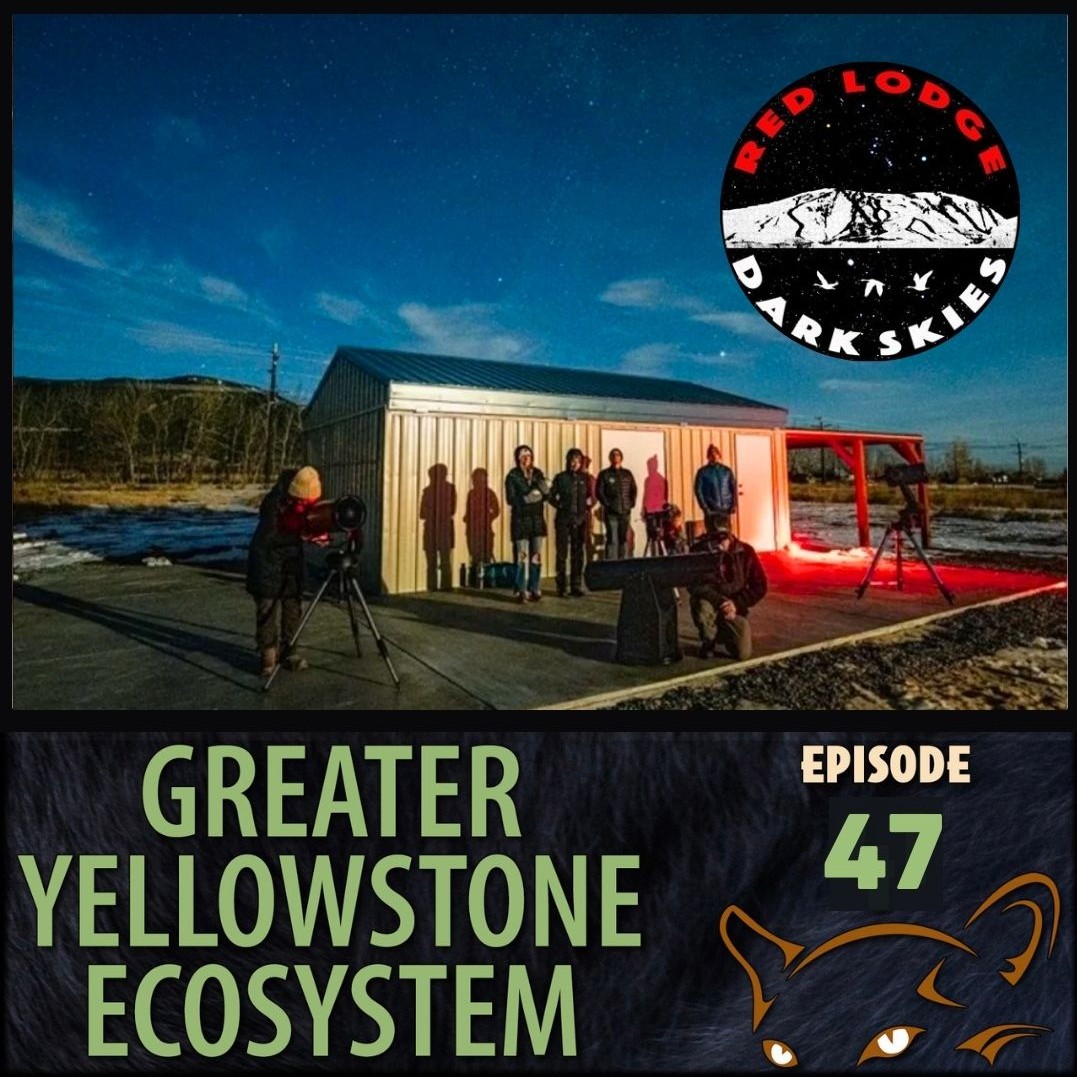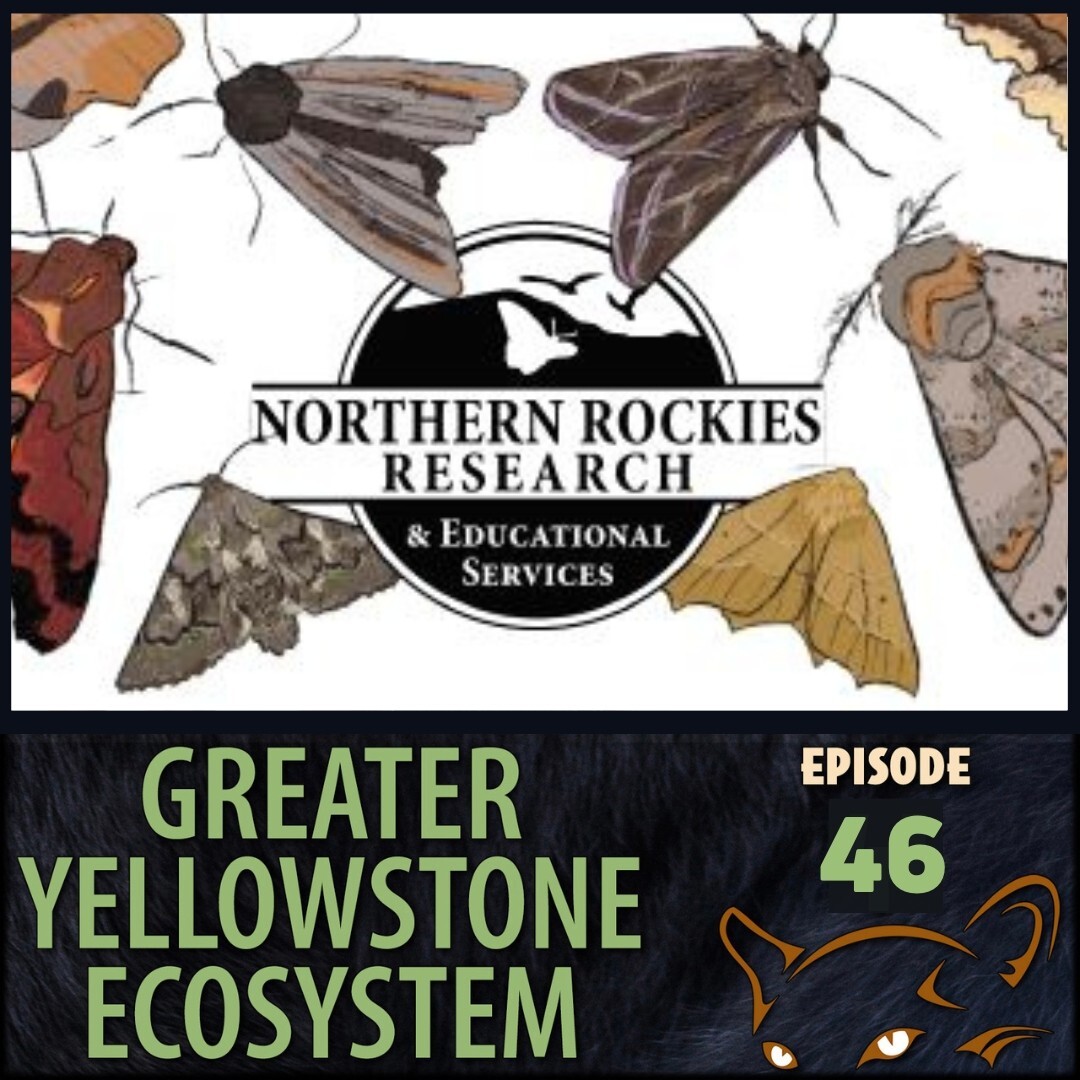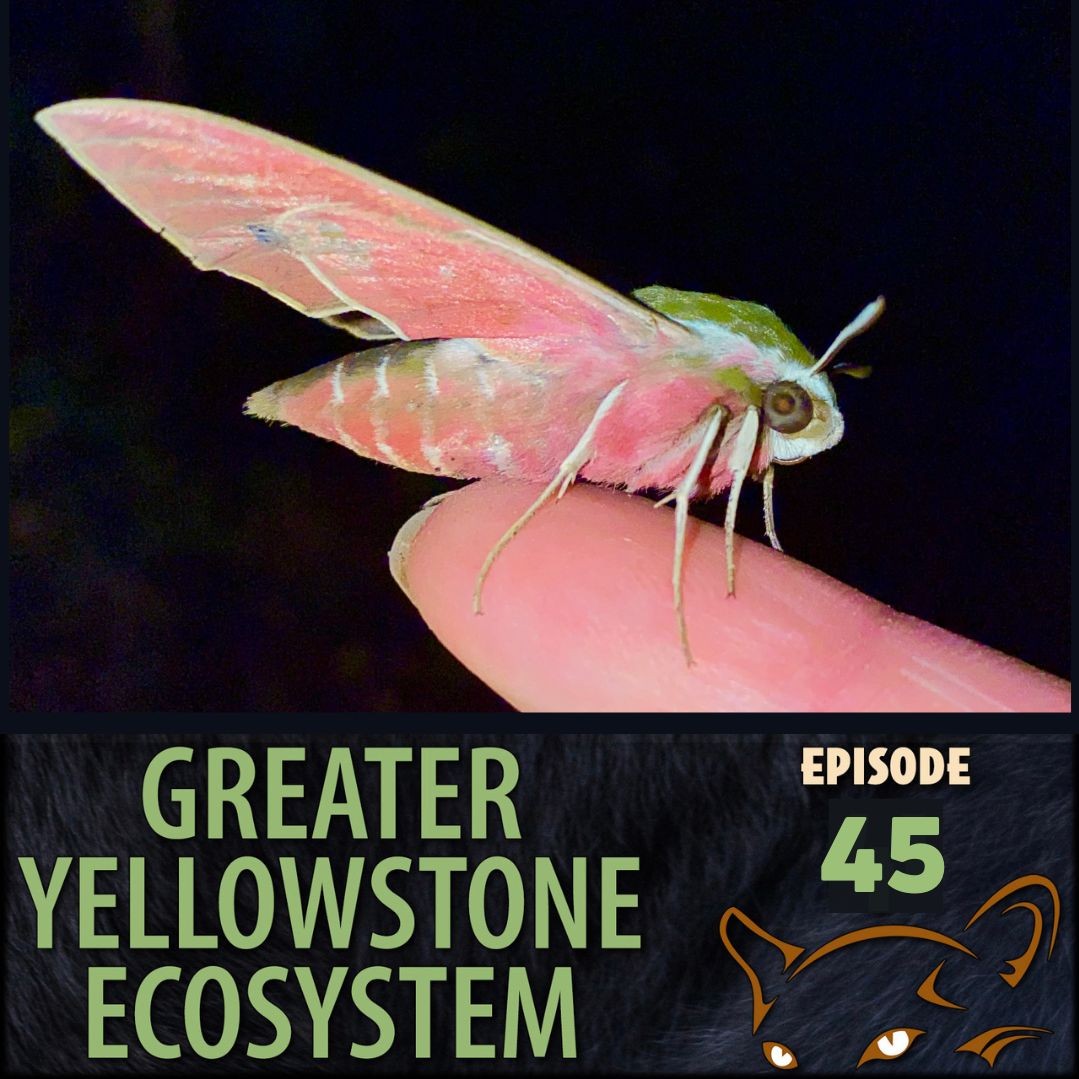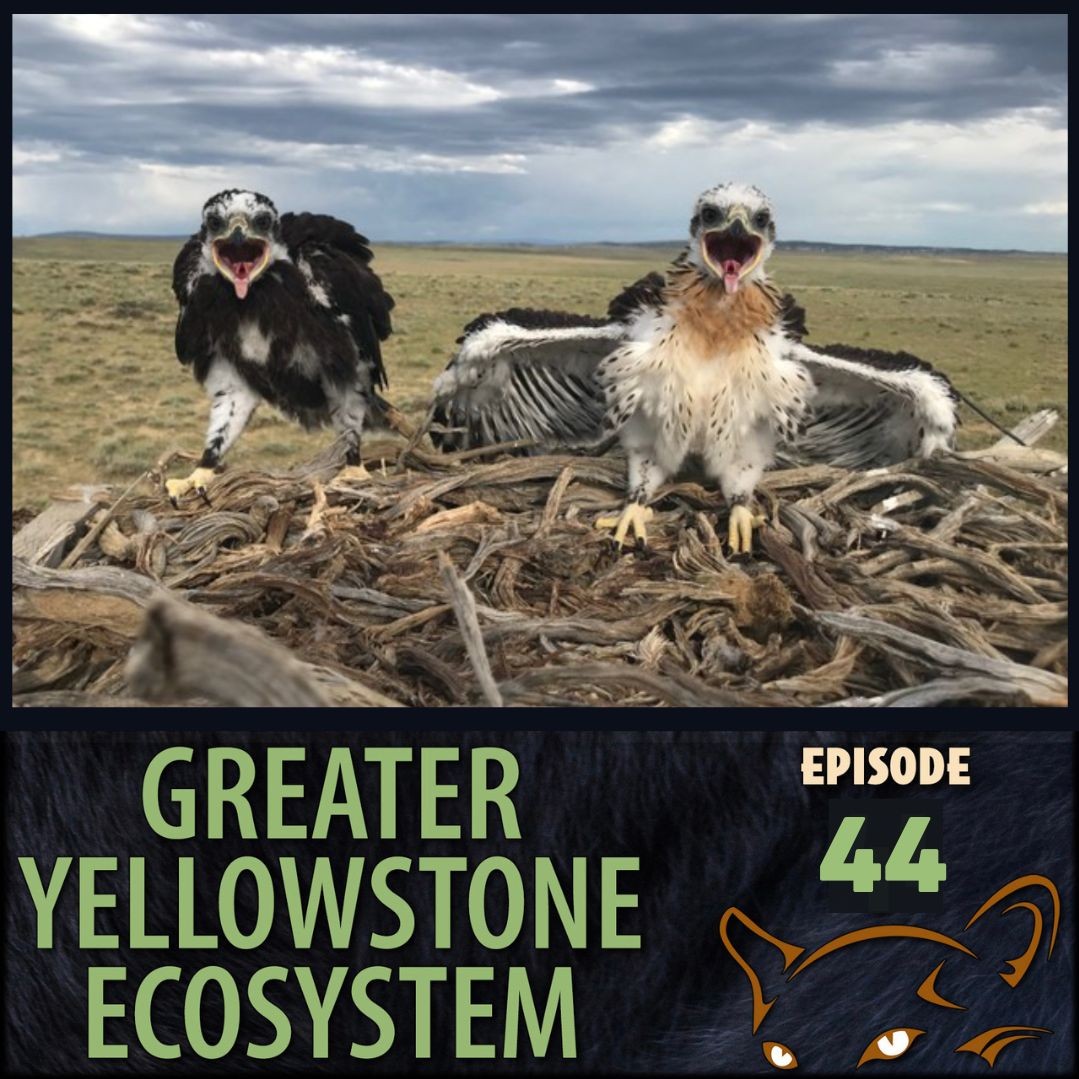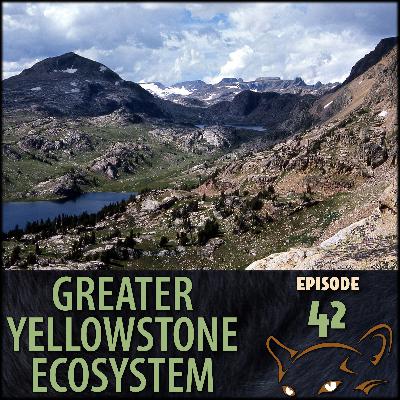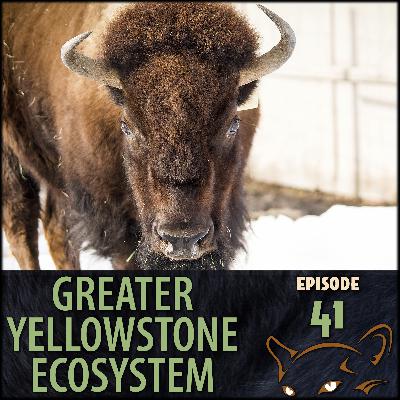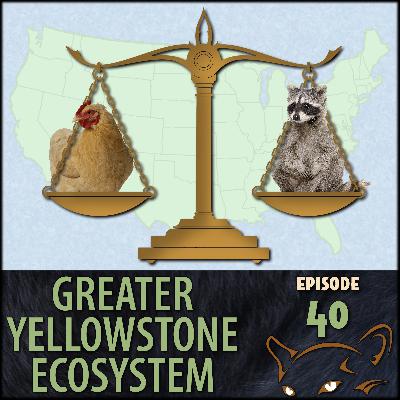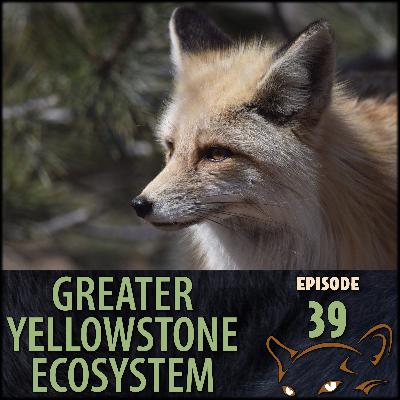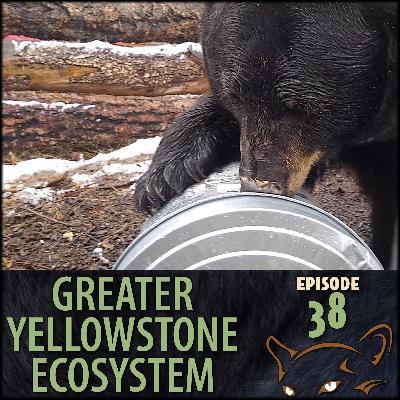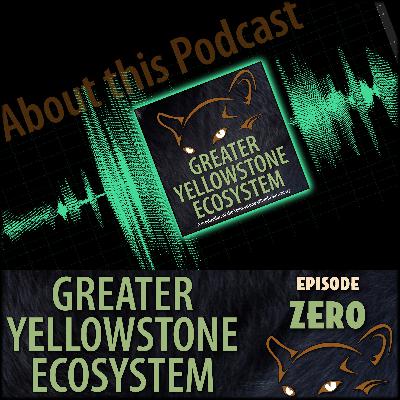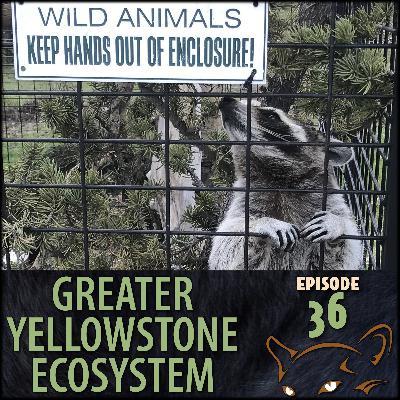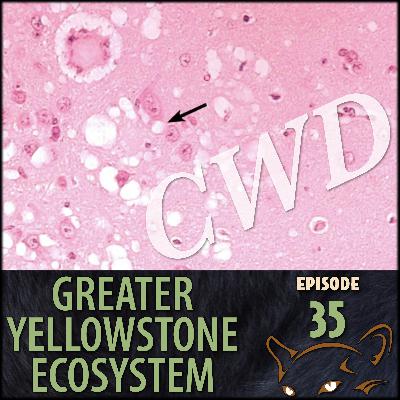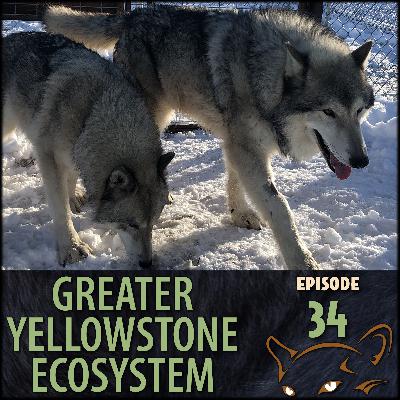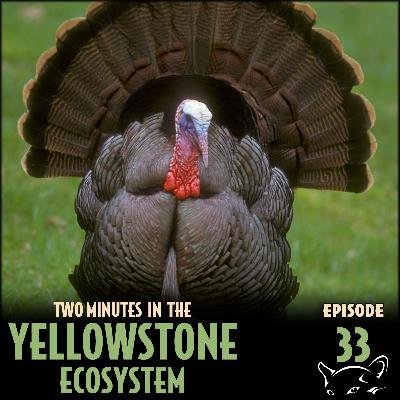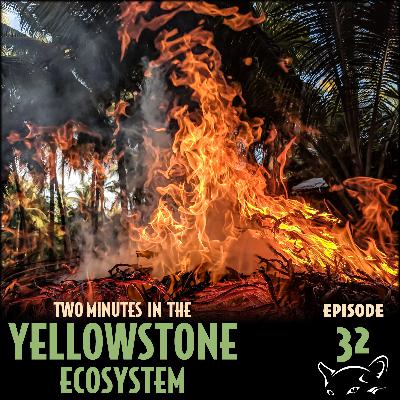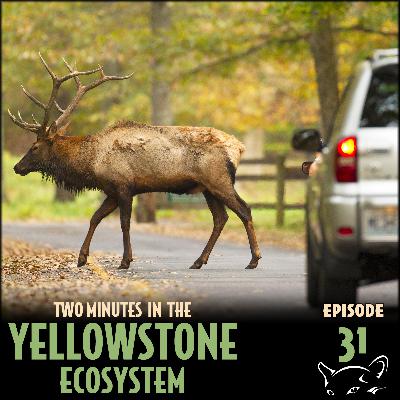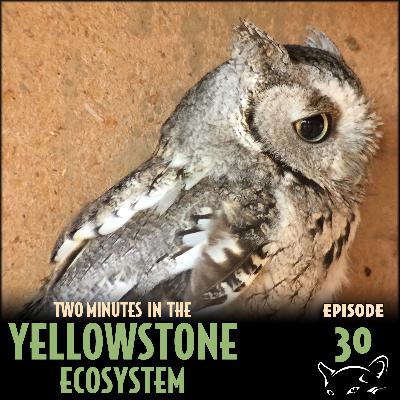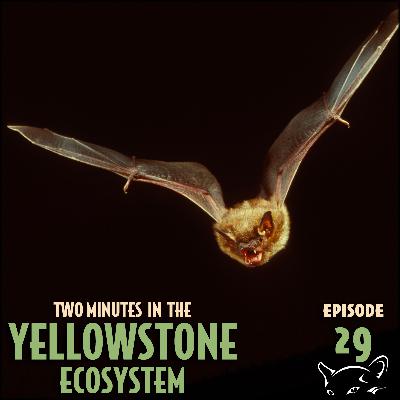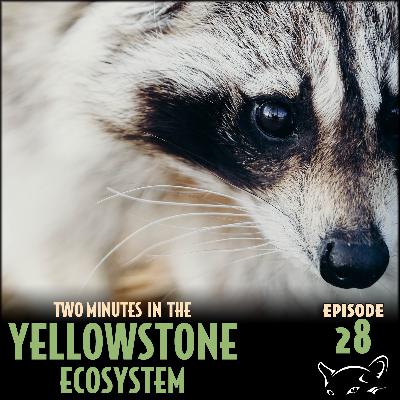Discover Greater Yellowstone Ecosystem
Greater Yellowstone Ecosystem

Greater Yellowstone Ecosystem
Author: Yellowstone Wildlife Sanctuary
Subscribed: 49Played: 428Subscribe
Share
© Copyright 2018-20 All rights reserved.
Description
About the animals of the Greater Yellowstone Ecosystem, hosted by the Yellowstone Wildlife Sanctuary, guest starring experts on a variety of topics!
47 Episodes
Reverse
We are honored to sit with such an incredible panel today to discuss our night skies. Listen as Jo Ann Eder, Theresa Whistler and Jeremy Battles describe the creation of a group called Red Lodge Dark Skies (RLDS), the goals and achievements of the group, what it takes to become a certified dark sky area, the importance of reducing light pollution for animals and humans, and what you can do to get involved and help out. Remember to look up!
Resources:
International Dark Skies website: DarkSky.org
Red Lodge Dark Skies Facebook page: facebook.com/RedLodgeDarkSkies
Calendar of Events for Whistler Observatory: HerosSteam.org
Citizen Science opportunities: darksky.org/news/globe-at-night-2023/
Dark Skies lighting available at Lowes: lowes.com/pl/Dark-sky--Outdoor
International Dark Sky Week (April 2-8, 2024): darksky.org/what-we-do/events
Email to get on the mailing list for RLDS: HerosSteamCenter@gmail.com
In this episode, we bring on Mat Seidensticker, director and founder of the Northern Rockies Research and Education Services, the non-profit that we learned about in our last episode. In this episode, however, we brought on the Director to gain a bigger picture of how a science-based non-profit works, what other projects they have going on, their partnership with MPG ranch, what DNA barcoding is, and so much more. Mat also shares with us a crazy story from the field as well as some ways that you can help the project, and our climate!
Resources:
MontanaMothProject.org - this is where you can contact Mat and Marian
“Wilted Wings” A Hunter’s Fight for Eagles” by Mike McTee
MPGRanch.com
Ways you can help:
Contact the Montana Moth Project (through their website, to tell them you would like to get involved!)
Plant wildflowers and let your yard go wild!
Post pictures of moths you take (and other insectivores!) on iNaturalist
Join a mothing night! Learn how to do it, and then you could set up your own and contribute to the data collection. (Mothing nights happen often in the summers at Montana Audubon Center and ZooMontana)
Sign up for the Montana Moth Project Newsletter so you will receive news when new community science opportunities come up!
In this month’s episode, we have a fun conversation with Marian Kirst. If you have never taken a second to think about moths, please stop and listen to this episode. Have your mind blown! She works for the Montana Moth Project, a flagship program of the Northern Rockies Research and Educational Services, and is here with her inspiring passion to open your minds to how cool these little creatures are, their importance as pollinators, and how they may be affected by climate change.
Simple ways you can help moths:
Reduce your light pollution (only have lights on when needed, shield your lights so they are pointed down, change your light bulbs)
Post photos of moths you see on iNaturalist
Come out for citizen science projects, like mothing nights run by Montana Moth Project at the Audubon Center in Billings (contact Marian for more details)
Resources from the podcast:
MontanaMothProject.org
Colorado State University and their C.P. Gillette Museum of Arthropod Diversity (Where MMP collection is stored)
Chuck Heart, Macro moth specialist
Peterson Field Guide
“Moths of Western North America” by Jerry A. Powell and Paul A. Opler
Moth Photographers Group Website (Maps where moths are tracked, and pictures to help with identification)
Pacific Northwest Moths Website
Friends of the East Brunswick Environmental Commission (Run Moth Week each year)
Moths and Moth Watching Facebook Group
Research article on clothes moths
For this episode, we brought in Ellis Juhlin from Yellowstone Public Radio to talk about her experiences researching the lesser-known ferruginous hawk, and what she has noticed about the effects of a changing climate on this species and their habitat.
Photo Credit: Ellis Juhlin and High Country News
Resources:
Hawk Watch International
Boise State Raptor Research Center
Morley Nelson Snake River Birds of Prey
UM Bird Ecology Lab
Yellowstone Wildlife Sanctuary Ferruginous Hawk Species Page
With thanks to Todd Katzner and Natasha Hadden
This week is National ZooKeeper Week, so we have brought on Animal Educator, Jess Smallwood, and Keepers, Izzy Sommerdorf and Mason Williams from the Yellowstone Wildlife Sanctuary in Montana. Listen as we discuss and compare the variety of jobs you can have working with animals, and dive into the lesser-known challenges and unique benefits of the field.
Our guest this episode is Ben Daley, Program Director from the Absaroka-Beartooth Wilderness Foundation. Gary and Eden discuss stewardship of our wild lands and how the A-B Wilderness fits into Custer National Forest and the Greater Yellowstone Ecosystem.
The Greater Yellowstone Ecosystem podcast is a production of the Yellowstone Wildlife Sanctuary.
Bison are one of the most iconic animals of the Greater Yellowstone Ecosystem, and for good reason. They are the national mammal of the United States and the largest animal in North America. They also have a dark — but successful — conservation story. Joining Gary and Eden to discuss the history, conservation, and management of bison in America is Dr. Chris Geremia, the lead bison biologist for Yellowstone National Park.
The Greater Yellowstone Ecosystem podcast is a production of the Yellowstone Wildlife Sanctuary.
Can you keep a kangaroo as a pet? Why do Montana and Arizona have different laws? What does accreditation mean for a wildlife sanctuary or a zoo? Gary and Eden discuss all of this and more, and two distinguished guests join them to answer even more questions: Vernon Weir, Director of the American Sanctuary Association, and Jeff Ewelt, Executive Director of ZooMontana.
The Greater Yellowstone Ecosystem podcast is a production of the Yellowstone Wildlife Sanctuary.
We haven't talked about red foxes since episode 17, way back in the "Two Minutes" days for this podcast. Today, we interview fox researcher Patrick Cross and discuss behaviors, genetics, the trickster foxes of legend, and much more. We dedicate this episode to Rex, our 12-year-old fox who passed away shortly after the interview was recorded.
The Greater Yellowstone Ecosystem podcast is a production of the Yellowstone Wildlife Sanctuary.
It's springtime, which means the bears are awake. It is also time to introduce Gary's new co-host, Eden Wondra, the Education Manager from the Yellowstone Wildlife Sanctuary. In this episode, Gary and Eden are joined by Kylie Kembel, a Bear Management Technician for Montana Fish, Wildlife & Parks, to revisit a subject we discussed back in episode 3. This time, though, with our new long format, we have time to talk about bear safety, biology, "problem bears," bear encounters, and much more.
The Greater Yellowstone Ecosystem podcast is a production of the Yellowstone Wildlife Sanctuary.
This episode is a history of the podcast and what it is. This is our first crossover episode, appearing both here in audio form and on YouTube in video form. That makes it a video about a podcast, which is — in itself — an episode of that podcast.
Watch this episode on our YouTube channel for extra video content.
The Greater Yellowstone Ecosystem podcast is a production of the Yellowstone Wildlife Sanctuary.
One of the most common questions we get at Yellowstone Wildlife Sanctuary is, "Why is that animal here?" That's often a more complicated question than you'd expect. In this episode, Gary and Courtney are joined by Laurie Wolf, Acting Education Bureau Chief for Montana Fish, Wildlife & Parks to talk about rehabilitation and wildlife Sanctuaries.
The Greater Yellowstone Ecosystem podcast is a production of the Yellowstone Wildlife Sanctuary.
This episode is sponsored by Greater Montana Realty.
Chronic Wasting Disease, or CWD, has spread over most of the Greater Yellowstone Ecosystem and is showing no signs of slowing down. In this episode, Gary and Courtney talk about what CWD is, how it spreads, and how it may affect you.
The Greater Yellowstone Ecosystem podcast is a production of the Yellowstone Wildlife Sanctuary.
This episode is sponsored by Greater Montana Realty.
We have shed the restrictions of our old 2-minute radio show, and can now cover subjects in much greater depth. In this first episode with the new full-length format, we talk about wolves, from all of the "big bad wolf" legends through today's modern wolf management issues.
The Greater Yellowstone Ecosystem podcast is a production of the Yellowstone Wildlife Sanctuary.
This episode is sponsored by Greater Montana Realty.
Ben Franklin said of the turkey, “He is besides, though a little vain & silly, a Bird of Courage.” That may be so, but when you feed them in town, problems can develop...
The 2 Minutes in the Yellowstone Ecosystem podcast is a production of the Yellowstone Wildlife Sanctuary.
As we learn more about wildfires and their effects on ecosystems, we are changing the way we deal with them.
The 2 Minutes in the Yellowstone Ecosystem podcast is a production of the Yellowstone Wildlife Sanctuary.
How do wild animals end up living in a wildlife sanctuary instead of roaming free? In this episode, Gary looks at how it happens and what we can do to prevent it.
The 2 Minutes in the Yellowstone Ecosystem podcast is a production of the Yellowstone Wildlife Sanctuary.
In this episode, we talk about a mighty little predator called the Western Screech Owl, whose call isn't quite what you'd expect it to be.
The 2 Minutes in the Yellowstone Ecosystem podcast is a production of the Yellowstone Wildlife Sanctuary.
For this episode, we're wrapping up bat week (and recording on Halloween!), so the obvious subject is the bats of the Greater Yellowstone Ecosystem!
The 2 Minutes in the Yellowstone Ecosystem podcast is a production of the Yellowstone Wildlife Sanctuary.
Raccoons are adorable. They can also be pests. But should we fear them? Are they just waiting outside to give us rabies? Let's find out...
The 2 Minutes in the Yellowstone Ecosystem podcast is a production of the Yellowstone Wildlife Sanctuary.


